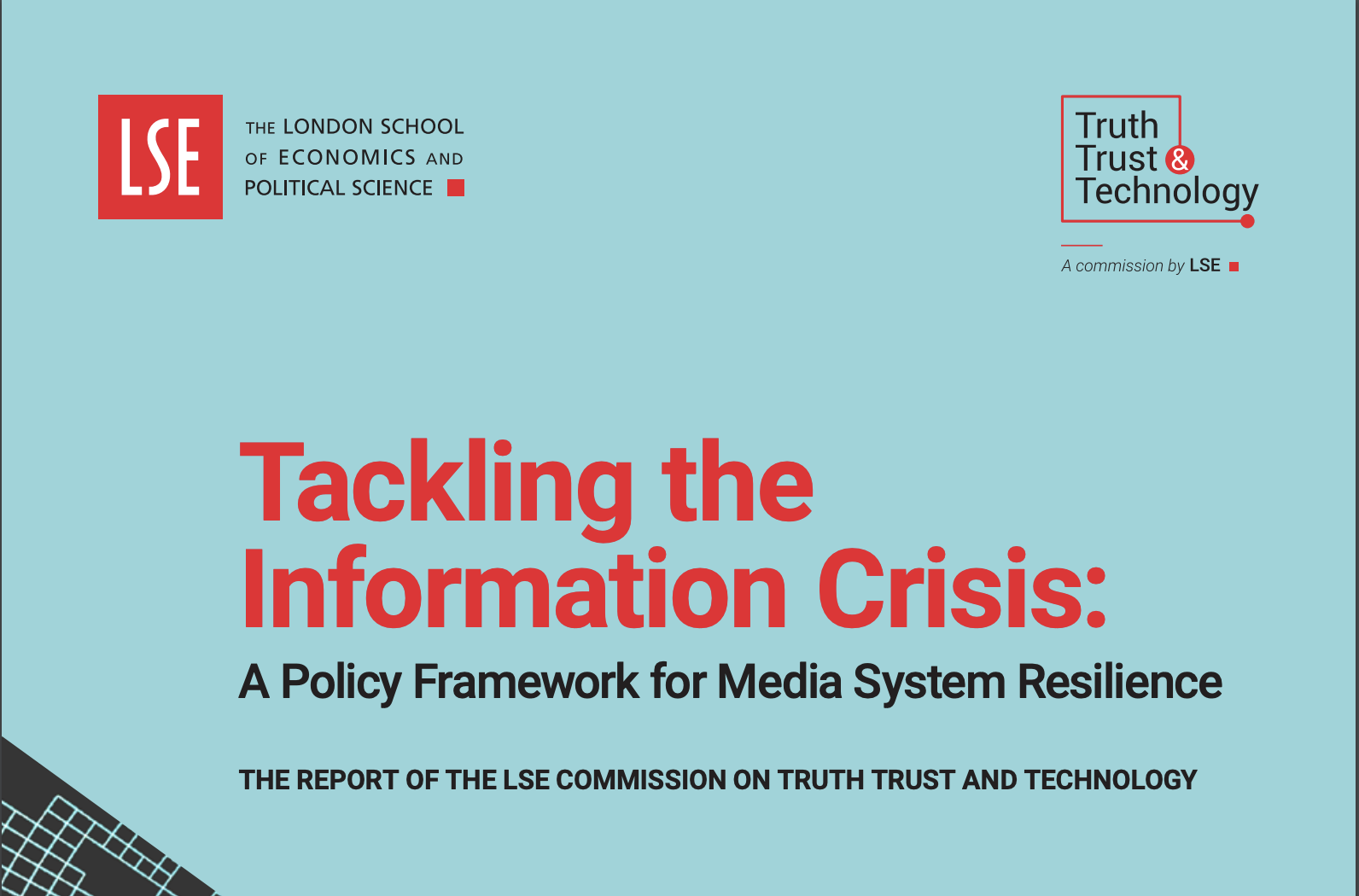I know this won’t be a popular position, but I think that the high moral view of journalist/comedian John Oliver about journalism is part of the problem.
I enjoy his work and have always thought it’s a part of the multifarious contemporary journalism ecology, just as Jon Stewart was before him.
But in his latest critique of the woes of the news media, his (mildly funny) take on local US journalism [which is hugely well funded compared to ‘local’ journalism anywhere else] is rather conservative. He blames the public for failing to pay for the kind of investigative journalism celebrated in the award-winning movie Spotlight. He is guilt-tripping us.
The trouble with that approach is that trying to get people to fund good journalism out of guilt or civic duty turns journalism into a charity. Good luck with that. It won’t work.
In practice it usually means you end up in the hands of philanthropists. Many are well-intentioned, or liberal proprietors, but as Andy Carvin’s Reportedly has just found out, they are not always entirely reliable funders of ‘good’ journalism. It is odd how the liberal UK Guardian rails against rich men funding journalism when they are right-wing, yet is happy to take capitalist’s cash to fund its own work. (Guardian Australia is supported by a tycoon, Guardian Development is funded by Bill Gates).
Or you hand over responsibility to tax-funded journalism like the BBC. They produce a large amount of very good and vital coverage, but it will never be as critical, creative and outspoken as independent news media.
The real lesson of John Oliver is that he makes his journalism entertaining and attitudinal. A bit like Fox News. That works.
A good example of this (without the John Oliver jokes) is the extraordinary success of ITN’s Channel 4 News’ online video which has focused relentlessly on the social justice/emotional intensity of its content while staying within that ‘alternative’ remit that characterises its excellent journalism. Its videos are carefully tailored to fit into people’s mobile habits and are now soaring up the digital viewing charts.
If journalism is to survive and thrive it must be more relevant, useful, and engaged with people’s lives. The evidence in the UK from the Times, FT and Economist, to name just three, is that people will pay subscriptions to make that happen. Those organisations are working their socks off to provide a service for those consumers – including some outstanding investigative work – instead of relying on an appeal to the public’s noble instincts.
That is my problem with the Guardian’s membership strategy which feels more like a National Trust charity appeal (for US readers, think National Parks). And you don’t even get to visit the crumbling ruins.
Journalism – as the industry it has been for the last few decades – has no right to exist. It must fight for attention in a world of digital distraction. If that means becoming a spectacle (like John Oliver) then that’s fine. It’s what keeps us honest.
Oliver’s comic sermon suggests the choice is between kittens and investigative journalism when in fact journalism has always been a mix of both. It has always been a combination of circus and pulpit. Create real value for people out of that and they will pay.
This article by Polis director, Professor Charlie Beckett @CharlieBeckett, Department of Media and Communications, LSE







And what better justification is there for immoral behavior than “that’s the way we’ve always done it.”
You say that the journalism industry has no right to exist, but you seem to suggest that certain business models have more of a right to exist than others. Whether one model feels more like charity than another is irrelevant. What’s important are the outcomes: revenue generation, circulation/reach, quality (and the public service benefits afforded by a combination of the latter two). In this clip I believe John Oliver was commenting specifically on the failure of certain business models (dependent on digital display revenue) to properly reward quality journalism over clickbait (the product of poor advertising standards). It’s a criticism that is shared by many in the industry and has led to changes, with programmatic buying putting pressure on margins, more emphasis on engagement as a key advertising metric, and as social media and other news aggregators adjust their discovery algorithms.
Thanks for the comment Bryan. I think that the only business model that has a right to exist is one that meets a demand. I was simply pointing out that if you rely on a call to people’s nobility then you are vulnerable. You can try to avoid market forces but if you look at the ferocious fund-raising efforts of charities like Save The Children then you still have to fight for people’s hard-earned. The trouble with saying that journalism is noble is that it can make journalists complacent. It can also make them stop thinking about how they connect to the public. All the evidence is that the best journalism connects more effectively when it’s part of a package that includes elements of entertainment. Sure, clickbait at its worst is crass and actually dilutes the value of your good journalism. But mass media has always fought to get people’s attention. The golden era of advertising made us complacent. Now that’s over we are having to convince people to care. One way is to point out journalism’s public value: I am all in favour of that – see all my writing over the last ten years! But look at BuzzFeed. Yes, lots of silly stuff but also some excellent investigative and explanatory journalism, too.
There are virtues and vulnerabilities inherent in both subscription and donation-based business models, but I don’t see how one necessarily leads to journalist complacency.
Using your example, if the Guardian switched from its current membership strategy to a pay-wall it would give up considerable reach, brand awareness, and other marketing opportunities. A subscription-based model might increase its revenue generating potential, but if so I would argue this has much more to do with economics and price discrimination than notions of “nobility”.
If you want another example of the donation-based model, look at PBS which won 17 News & Documentary Emmy Awards last year (more than any other organisation). Hardly the example of complacency…
I don’t see what John Oliver did as “guilt tripping.” Instead I see John Oliver as saying, in practical terms, “You get what you pay for.” It’s not a supplication as much as a statement of a fact.
For the record the bbc is publically funded that is subsidised with gov taxes a license fee is paid, no matter if you have a tv or not. But there is a valid point to be made here. Journalistic integrity dissapeared the second 24 hour rolling news began and us tv journalism as far as i can see coming from another country is more about ratings than actual in depth news. In the uk news is considered to be a public service so the expectation of quality is higher. This doesnt seem to be a requisite trait here in the us.
This blog post and comments seem to miss a critical point. Oliver, at least it seems to me, is not talking about The Times, FT, or Economist. His concern is for the local community level. Readers may be relatively well informed on national or global issues, but the broad-based ability to keep track of what a city council is doing, for example, is at risk.
In the past, a healthy U.S. metro dead-tree daily would generate roughly 80 percent of its revenue from advertising. Both subscriptions and advertising would support a news side with a rule-of-thumb count of one news person per 1000 subscribers. Starting in 2005, advertising revenue started a steep drop which would result in a 50 percent loss over the next five years. The decline has continued although the rate has slowed.
What also seems generally true is that the loss of advertising revenue didn’t shift from dead-tree news org to online news org. The lion’s share actually went to Google which generates no original news content. Another lesser part, the classifieds, was lost to Craigslist– which also generates no original news content.